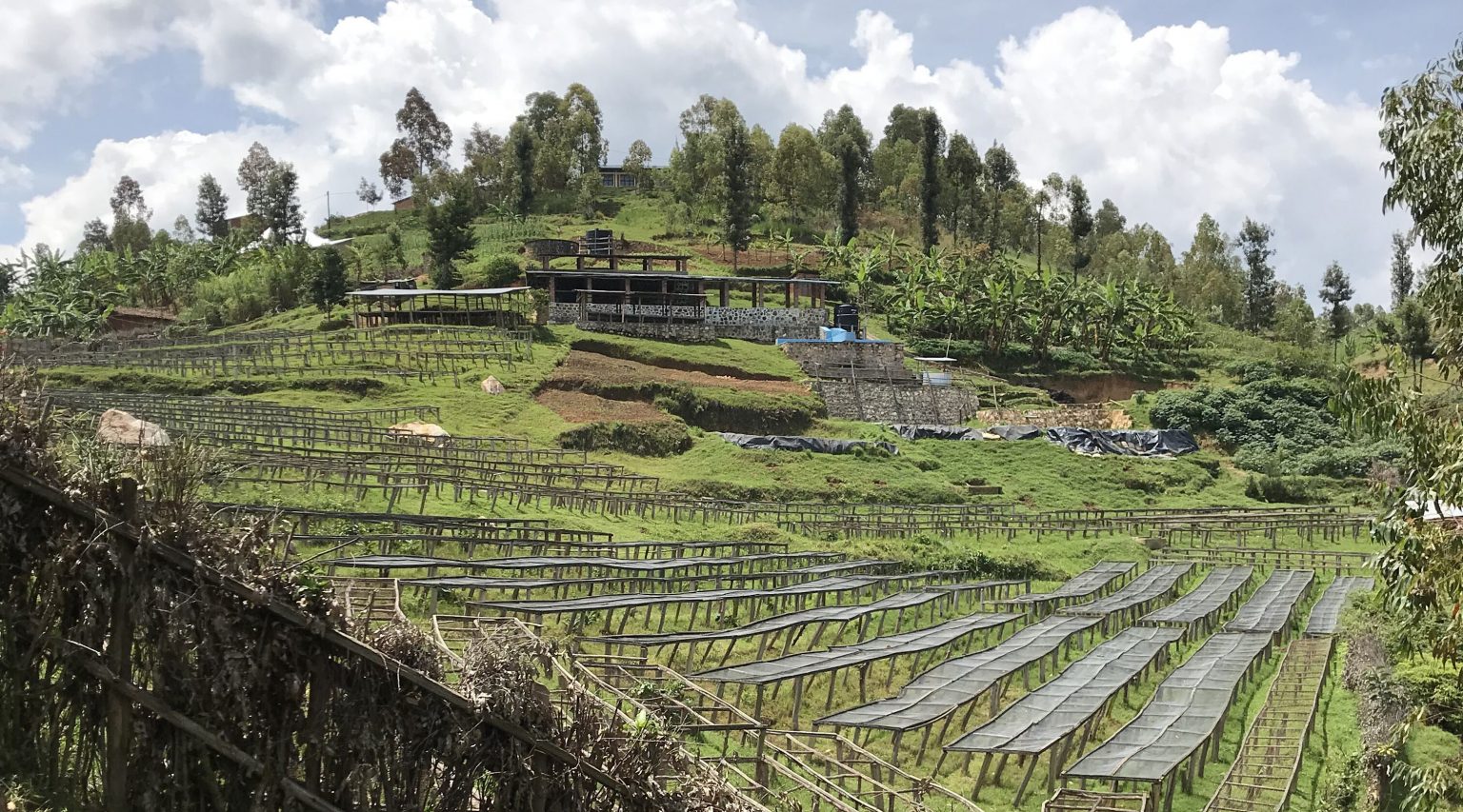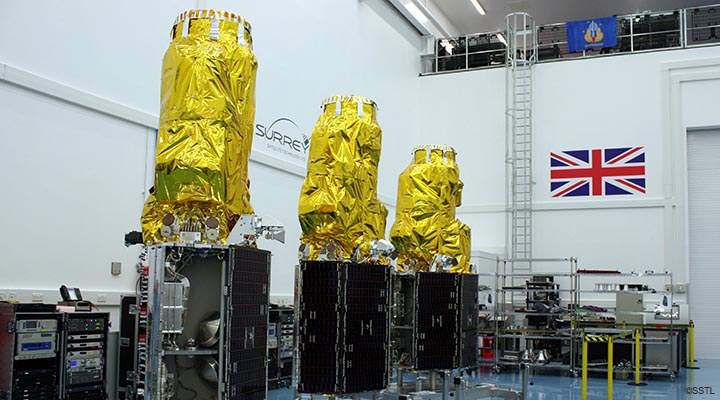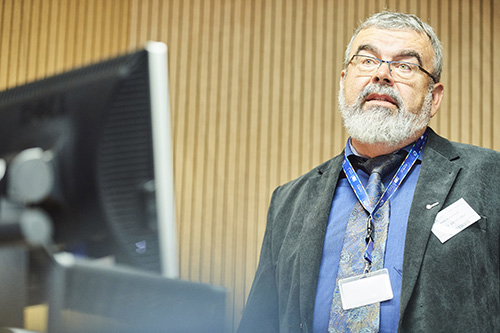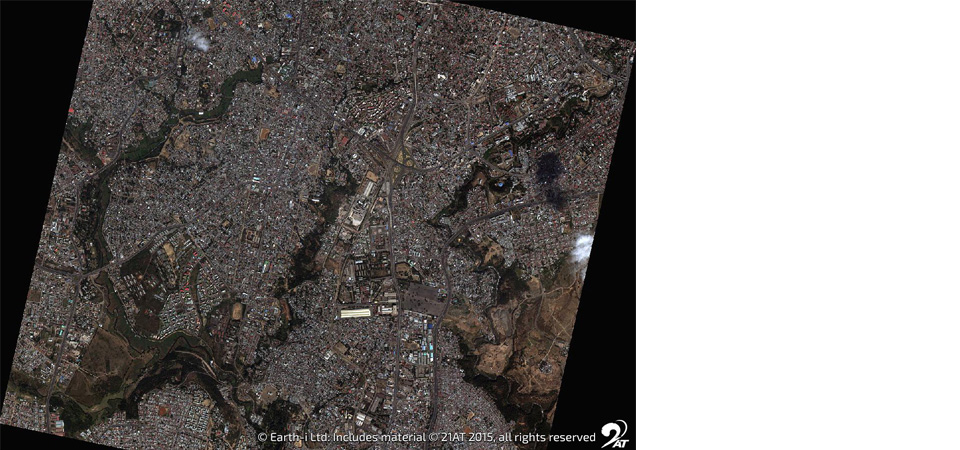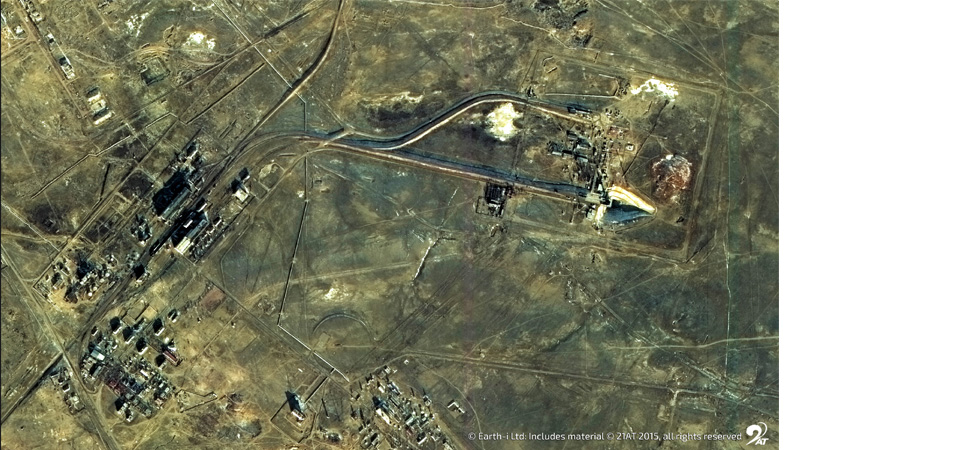Although grabbing a morning latte is a day-to-day choice for most, there is a long-term challenge that is affecting its future availability. As global temperatures rise and local rainfalls become more unpredictable, good coffee will become increasingly challenging to grow which could make your daily coffee more expensive to buy. Although the issue is so significant that one of the UN’s Sustainable Development Goals is dedicated to climate change, the coffee supply chain will need to play a bigger role within its specific field to ensure reliable access to its product.
Climate change could halve the area suitable for growing coffee by 2050, coupled with the decline in global coffee yields this means demand for coffee will continue to outstrip supply and widen the gap in between. From roaster to retailer, the entire coffee industry has a hand in helping mitigate the effects of climate change in coffee production to ensure general supply, as well as quality and integrity of coffee, remain high. For the farms to deliver the huge amount of coffee that the market demands, and on a regular, consistent and sustainable basis, requires high tree productivity and a successful harvest of premium quality beans.
Specialty Arabica coffee for example, grows in the region of the tropics known as the Coffee Belt, which stretches from Central America to sub-Saharan Africa to Asia between the tropics of Cancer and Capricorn. Conditions must be just right or a good harvest is in doubt. In the past, some areas have experienced poor years because of a bad storm or a temperature fluctuation. Key factors to also manage in coffee cultivation are the all-important ‘inputs’ – fertilisers, pesticides, and fungicides – which must be applied in an accurate timeframe to be effective in delivering healthy tree growth. Local weather patterns are increasingly unpredictable due to climate change and have made decisions about applying agricultural inputs more difficult.
The unpredictability of climate change presents an opportunity for new technologies to step in and support sustainable coffee yields. Using satellite-enabled technology combined with localised climate and ground truth data, ACCORD is enabling coffee farmers to mitigate the effects of climate change and sustain consistent and higher coffee yields. It is allowing smarter, data-driven farming practices on a farm-by-farm, field-by-field basis and can tell coffee growers the best time to apply inputs of fertiliser, pesticides, and fungicides.
For the individual farmer, the system supports their livelihoods by enabling them to deliver a reliable, sustainable supply of high quality coffee beans, which in turn helps the coffee supply chain ensure consumers’ daily pick-me-ups remain a regular event.
Read more about how the ACCORD programme can help the coffee industry take charge in the face of climate change.
Earth-i congratulates British satellite design and manufacturer Surrey Satellite Technologies Ltd. (SSTL) on the successful launch yesterday of the…

